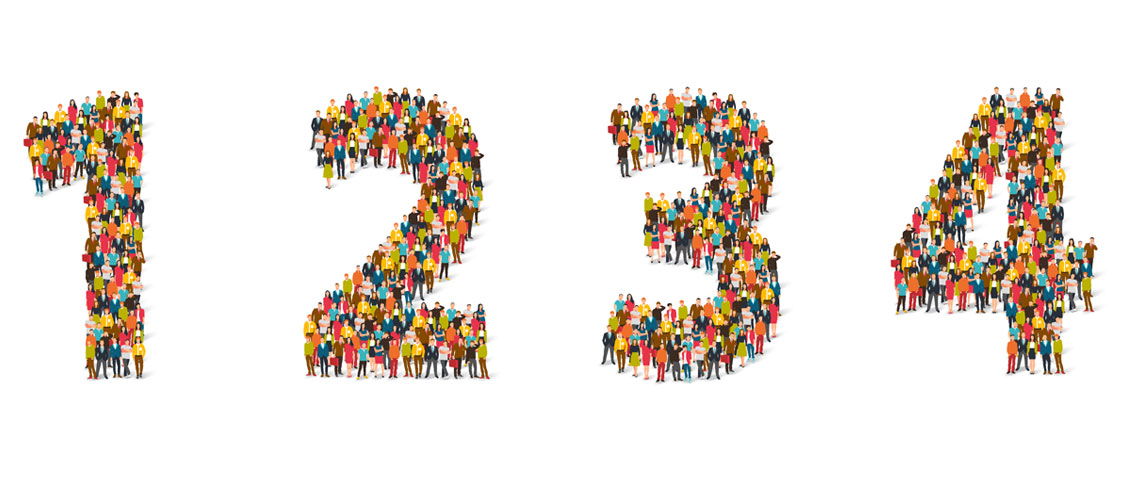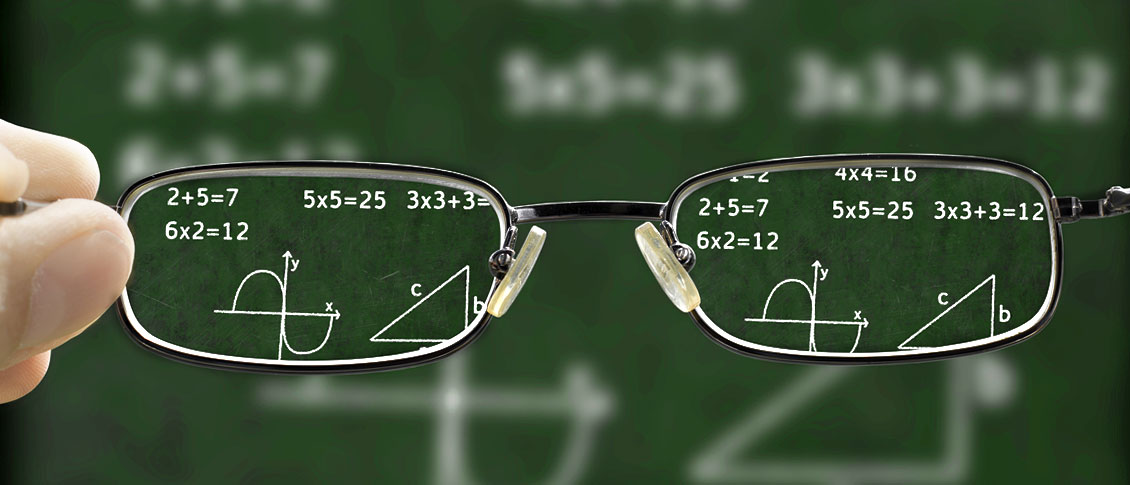Blog

The American Academy of Ophthalmology has recommendations for how often adults need to get their eyes examined and those recommendations vary according to the level of risk you have for eye disease.
For people who are not at elevated risk the recommendations are:
- Baseline eye exam at age 40.
- Ages 40-54 every 2-4 years.
- Ages 55-64 every 1-3 years.
- Ages 65 and older every 1-2 years.
Those recommendations are just for people who have NO added risk factors. If you are diabetic or have a family history of certain eye diseases then you need exams more frequently.
As you can see, the guidelines recommend more frequent exams as you get older. Here are the Top 4 reasons why you need your eyes examined more frequently as you get older:
1. Glaucoma
Glaucoma is the second leading cause of blindness in the United States. It has no symptoms when it begins and the only way to detect glaucoma is through a thorough eye exam. Glaucoma gets more and more common as you get...
Read more: Top 4 Reasons You Need Your Eyes Checked More Frequently as You Get Older

I recently received a text from an out-of-state relative, asking if he should have his college-age daughter put in progressive lenses to help delay progression of her nearsightedness.
I told them that there wasn’t good evidence that doing that would help, and since progressive lenses generally cost about three times as much as single-vision lenses that he shouldn’t do it.
The optometrist they were seeing at the time insisted I was wrong and strongly encouraged them to do it. Included in that exchange was a comment by their optometrist that I should stick to surgery and let her handle refractions!!
Based on that exchange I decided to do some homework and make sure I wasn’t missing something. There have been multiple interventions tested over the years to help slow the progression of nearsightedness (myopia). Some have worked, some have not. Some that have worked have side effects that limit their usefulness. We will try and delve into several of these here.
Progressive...
Read more: Is There Anything I Can do to Stop Getting More Nearsighted?


